Thank you for your interest in Bard College Berlin. This page will provide you with basic texts and photo material about the college.
For press inquiries, please contact Chelsea Anderson-Long, Director of Communications, at [email protected].
For press inquiries, please contact Chelsea Anderson-Long, Director of Communications, at [email protected].
Fact Sheet
-
About Bard College Berlin
Bard College Berlin is a state-recognized, non-profit university in Germany which combines the strengths of American liberal arts education with the rigorous research profile of a German university. Its unique approach to education emphasizes interdisciplinary study, small-group seminars, and individual academic advising. Located in Europe’s political, economic, and artistic center, the college offers students direct access to present-day developments in cultural life and current affairs through class sessions and activities linked with the city of Berlin.
On its residential campus in the Niederschönhausen neighborhood of Pankow, over 300 students from 68 countries engage in intellectual dialogue across disciplines, supported by a world-class faculty committed to teaching. Accredited at both the state and federal levels in Germany, and in the US through its affiliation with Bard College Annandale, Bard College Berlin offers three BA degree programs: Humanities, the Arts, and Social Thought; Economics, Politics, and Social Thought; and Artistic Practice and Society. The college has partnerships with universities, think tanks, and cultural institutions such as the ICI Berlin Institute for Cultural Inquiry, the Berlin-Brandenburg Academy of Sciences and Humanities, and the Humboldtforum.
-
History of Bard College Berlin
Founded in 1999 as the European College of Liberal Arts (ECLA), Bard College Berlin was established by German intellectuals and entrepreneurs seeking to offer a high-quality, small-seminar-based international program for promising undergraduates wishing to study in English. Bard College in Annandale, New York supported the college early on and acquired it in 2011, awarding Bard College Berlin’s first BA degrees in 2012. Since then, Bard College Berlin has grown the size of its student body sixfold and has expanded its academic profile and faculty to provide degree programs across the humanities, arts, and social sciences.
A belief in the university as a bulwark against threats posed by illiberal politics and by discrimination, persecution, and war connects Bard College Berlin with Bard College Annandale. Beginning in the mid-1930s and throughout the Second World War, Bard College was a haven for distinguished writers, artists, intellectuals, and scientists fleeing from Europe. Notable emigrants included social critic Hannah Arendt and philosopher Heinrich Blücher, who both taught at the college. Arendt’s thought continues to inspire teachers and students across the world in the effort to preserve democratic institutions and values. Blücher’s core curriculum continues to be central to the educational approach taken by Bard College Berlin.
One way in which the college upholds these principles is through its scholarship programs for students from areas of crisis and conflict, providing full-tuition funding and stipends for students from Afghanistan, Yemen, Nigeria, Ukraine, Syria, Palestine, and Pakistan, among others. The experiences and insights of these students make a profound impact on the college, informing the curriculum and connecting discussions in the seminar room with the reality of the outside world.
-
Accreditation
Bard College Berlin has been recognized as a university in the state of Berlin since 2011. It has been institutionally accredited at the federal level by the Deutsche Wissenschaftsrat since 2017. In the United States, it is accredited through Bard College by the Middle States Commission on Higher Education.
-
Academic Programs
The aim of the BA in Economics, Politics, and Social Thought is to embed the study of the social sciences within larger cultural, intellectual, and social contexts, and to encourage a reflective application of the methods and insights of Economics and Politics to the solution of complex issues in the contemporary world.- The Economics concentration offers comprehensive training in macroeconomics, microeconomics, and quantitative methods, with an interdisciplinary approach which integrates political science, political theory, and intellectual history.
- The Politics concentration involves training in quantitative and qualitative methods in the social sciences, as well as familiarity with the central concepts of political studies and political theory.
- The Art and Aesthetics concentration encompasses the study of art in all of its aspects: philosophical, practical, and historical. Courses utilize Berlin as an artist's space, featuring workshops from working artists and visits to museums and art galleries.
- The Ethics and Politics concentration explores the intersection of politics with ethics, moral philosophy, and political theory, offering insights into political systems, international relations, and policy analysis.
- The Literature and Rhetoric concentration at Bard College Berlin explores the evolution of literature, its genres, and its relationship with various forms of discourse, while exploring a variety of writing practices from journalistic reportage to creative expression.
-
Liberal Arts Education
Liberal Arts Education
The liberal arts educational model emphasizes critical thinking, problem solving, and close interaction between students and faculty. By developing essential skills in writing and thinking, a liberal arts program encourages exploration, critical reflection, and engagement with diverse perspectives. The Core Curriculum—a series of six team-taught courses in intellectual history from antiquity to Modernism—enables students to consider the interplay between fields and phenomena often treated as separate and creates a store of shared knowledge for students from all degree programs. This interdisciplinary approach, combined with practical applications in the real world through internships and civic engagement projects, prepares graduates to tackle the multifaceted challenges of a rapidly changing world, and to contribute to a shared global future.
The abilities to think analytically and draw connections between a wide range of issues and fields are transferable skills in today’s dynamic job market. The awareness gained from ethical reflection and actual experience of the demands of social responsibility provide graduates with indispensable advantages in an interconnected world. -
Faculty
31 permanent faculty members from 15 countries.
50 visiting lecturers with expertise in the arts, social sciences and public policy.
Bard College Berlin’s international faculty reflects the university’s commitment to academic excellence and civic engagement, as their work draws on interdisciplinary research to connect with urgent debates addressed in the public sphere. Professors hold doctorates from institutions renowned for their scholarship and teaching, including UC Berkeley, the University of Cambridge, the University of Chicago, Columbia University, Freie Universität Berlin, Harvard University, Universität Heidelberg, MIT, Princeton University, and RWTH Aachen.
-
Successful Alumni Outcomes
Alumni placements: 17% both studying and employed, 28% pursuing advanced degrees, 52% employed*
Bard College Berlin alumni have gone on to graduate studies at some of the top universities in the world, including the University of Cambridge, Columbia University, Dartmouth College, Freie Universität Berlin, Harvard University, Leuven University, the London School of Economics, the University of Oxford, Sciences Po, UCLA School of Law, Universität der Künste Berlin, and Yale University.
Bard College Berlin graduates work in a variety of fields globally, and have achieved distinction in public service, education, journalism, art, business, and non-profit advocacy. Recent placements include employment at AmeriCorps, Deloitte, Deutsche Welle, the European Commission, Home Box Office (HBO), Paypal, Teach First Deutschland, Tesla, TikTok, and the United States Senate.
*Average, based on available data from classes of 2021-2023
Press Photos
-
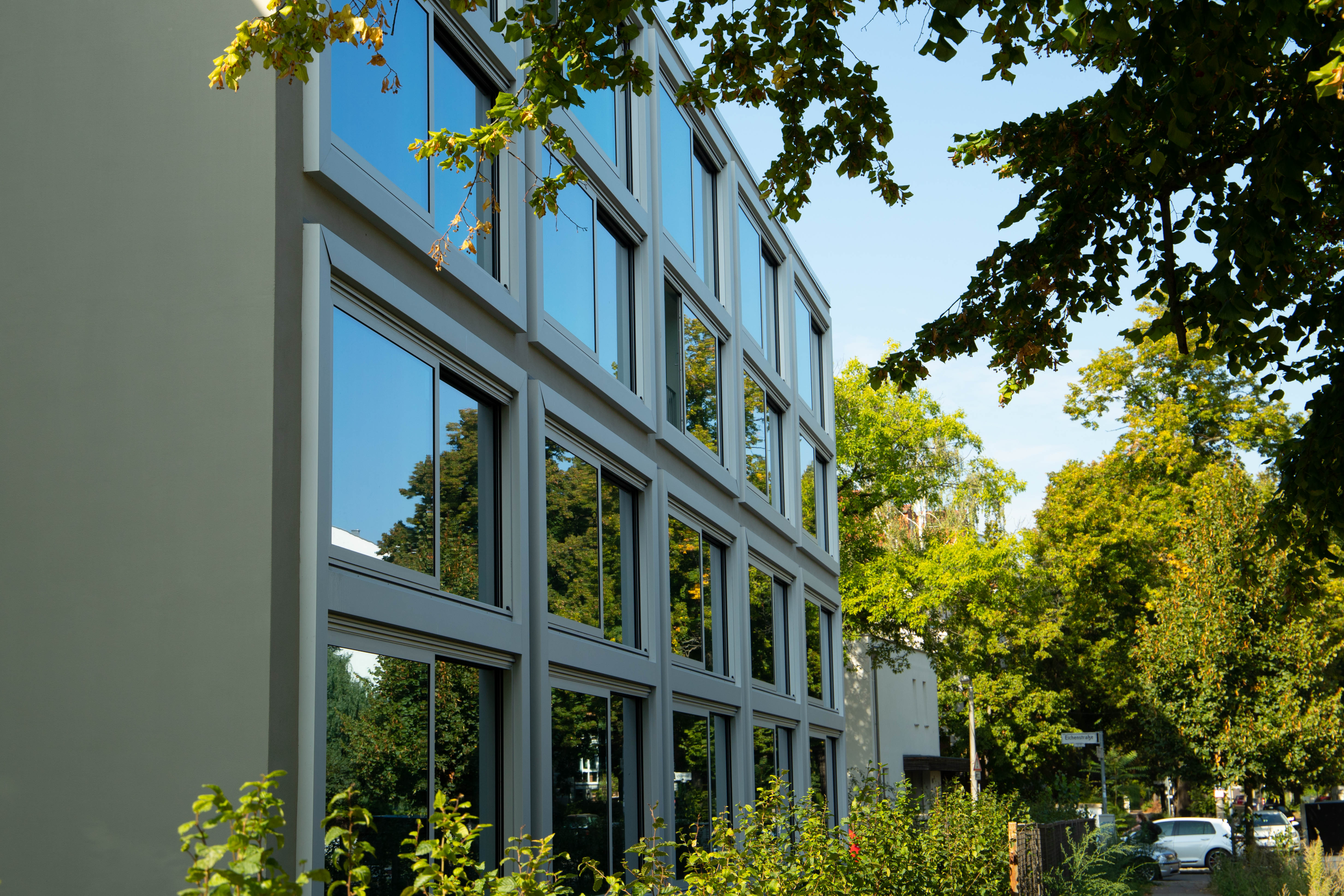 Photo by Ava Simonds
Photo by Ava Simonds -
 Photo by Robert Rieger
Photo by Robert Rieger -
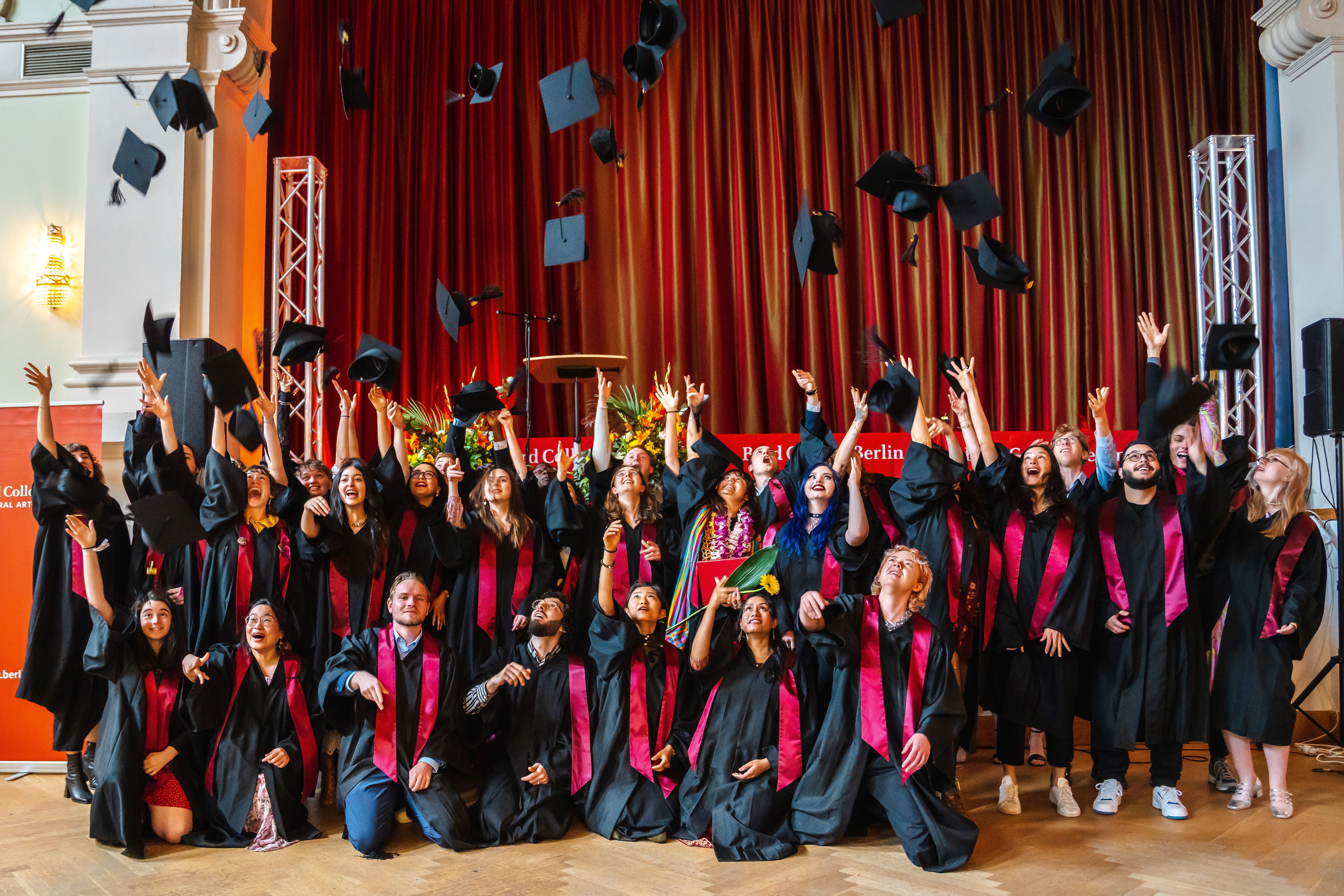 Commencement 2023Photo by Ibrar Mirzai
Commencement 2023Photo by Ibrar Mirzai -
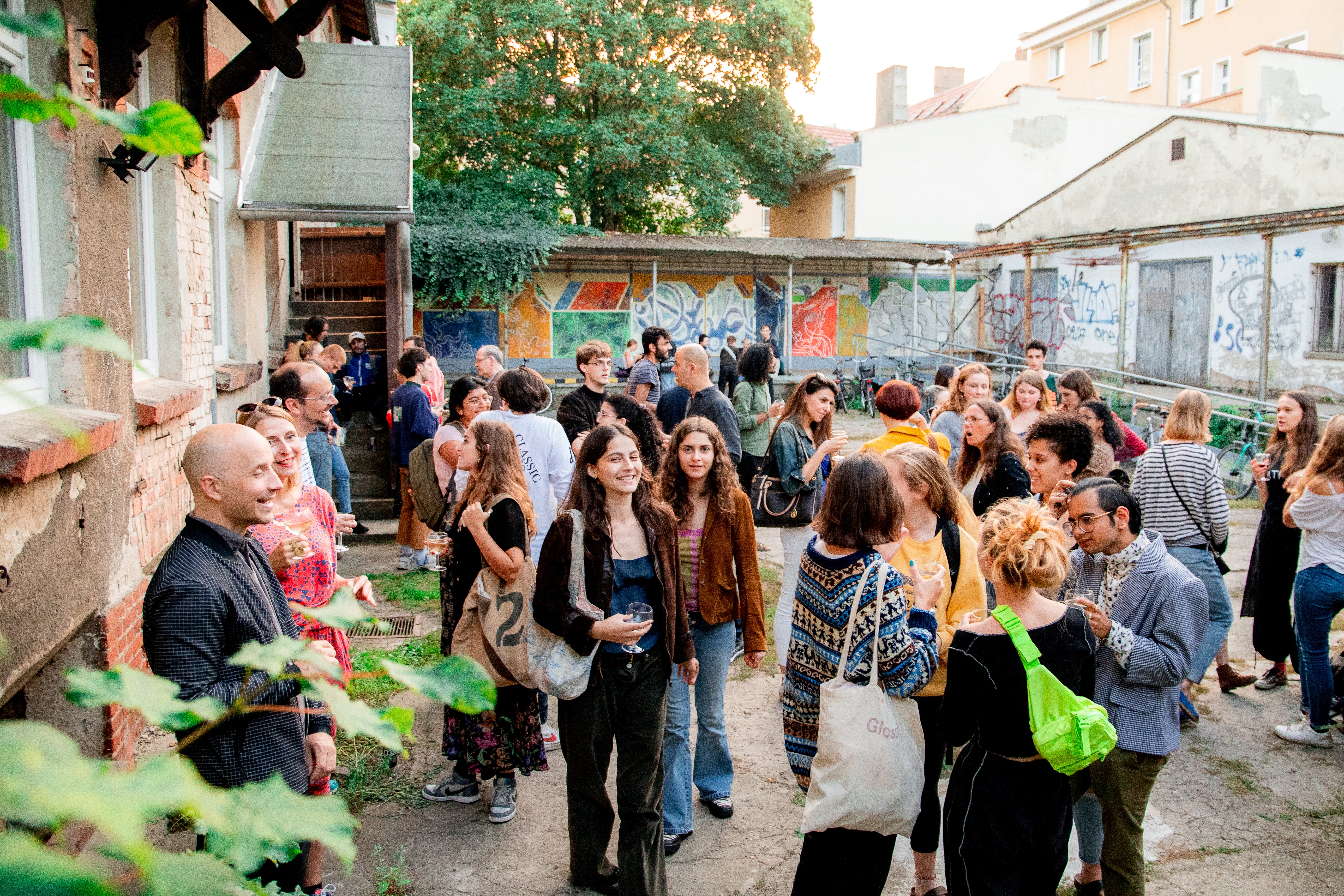 Factory Arts BuildingPhoto by Vera Yung
Factory Arts BuildingPhoto by Vera Yung -
 Students in MittePhoto by Ibrar Mirzai
Students in MittePhoto by Ibrar Mirzai -
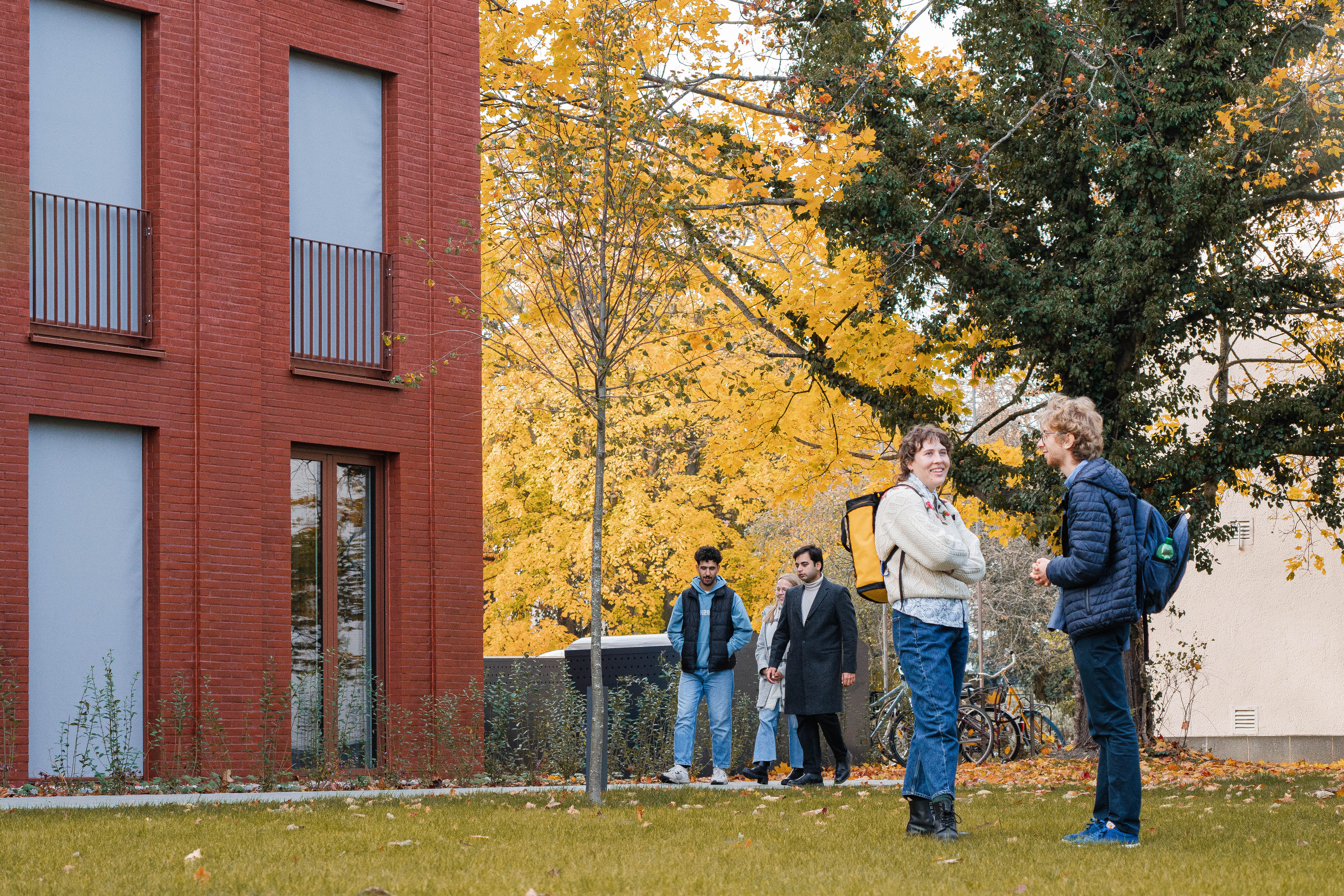 Photo by Qais Sangarkhail
Photo by Qais Sangarkhail -
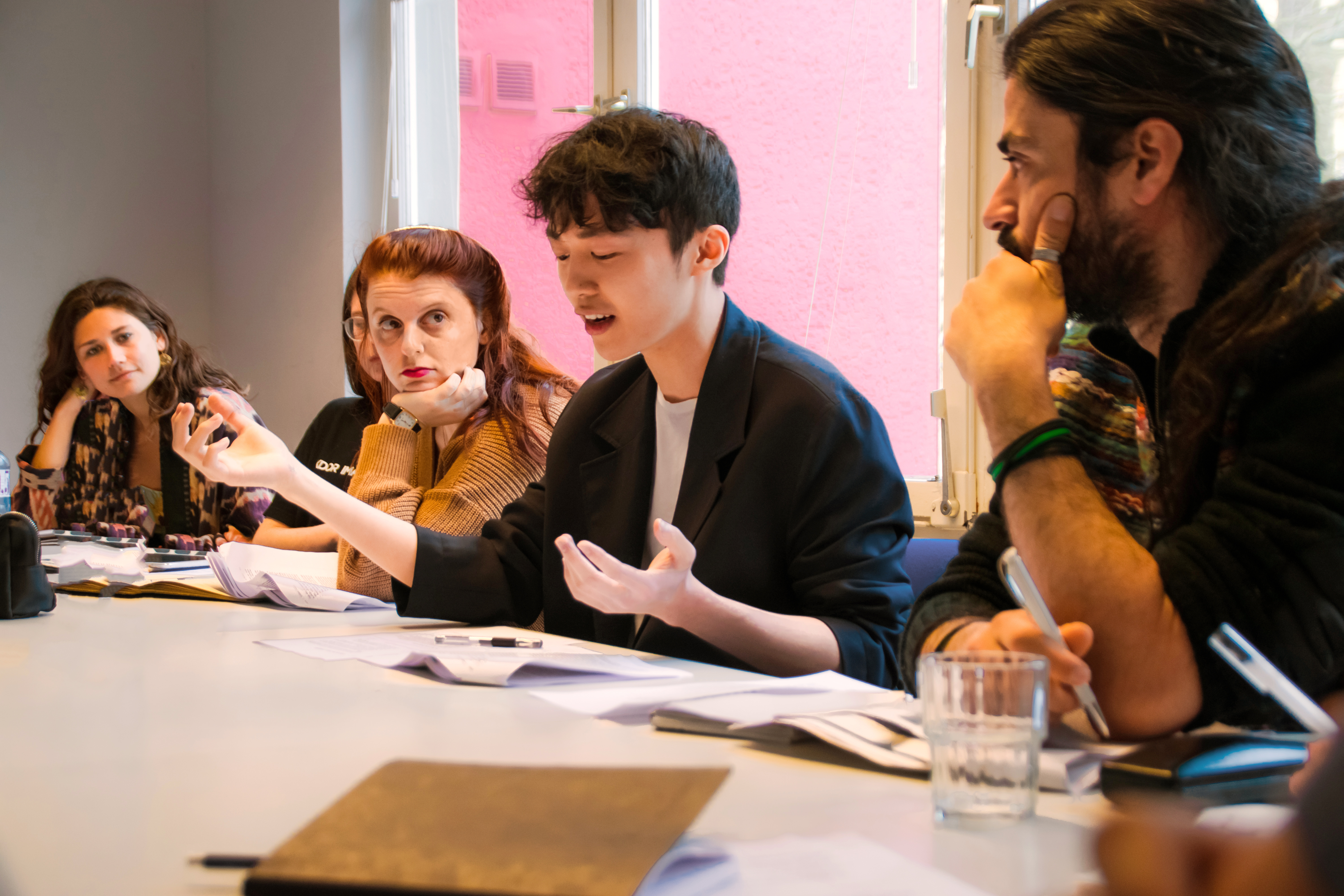 Photo by Vera Yung
Photo by Vera Yung -
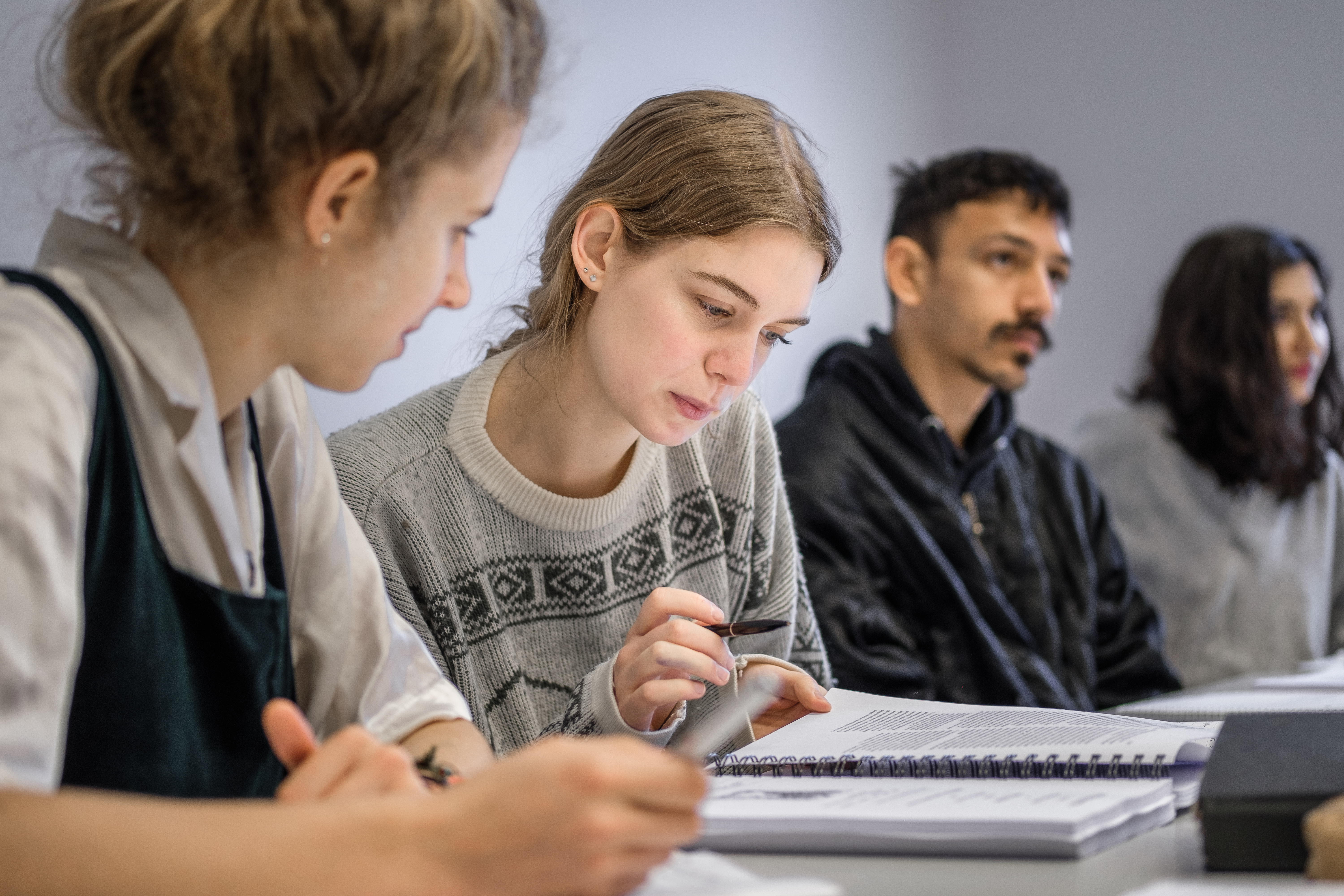 Photo by Daniel Kovács
Photo by Daniel Kovács -
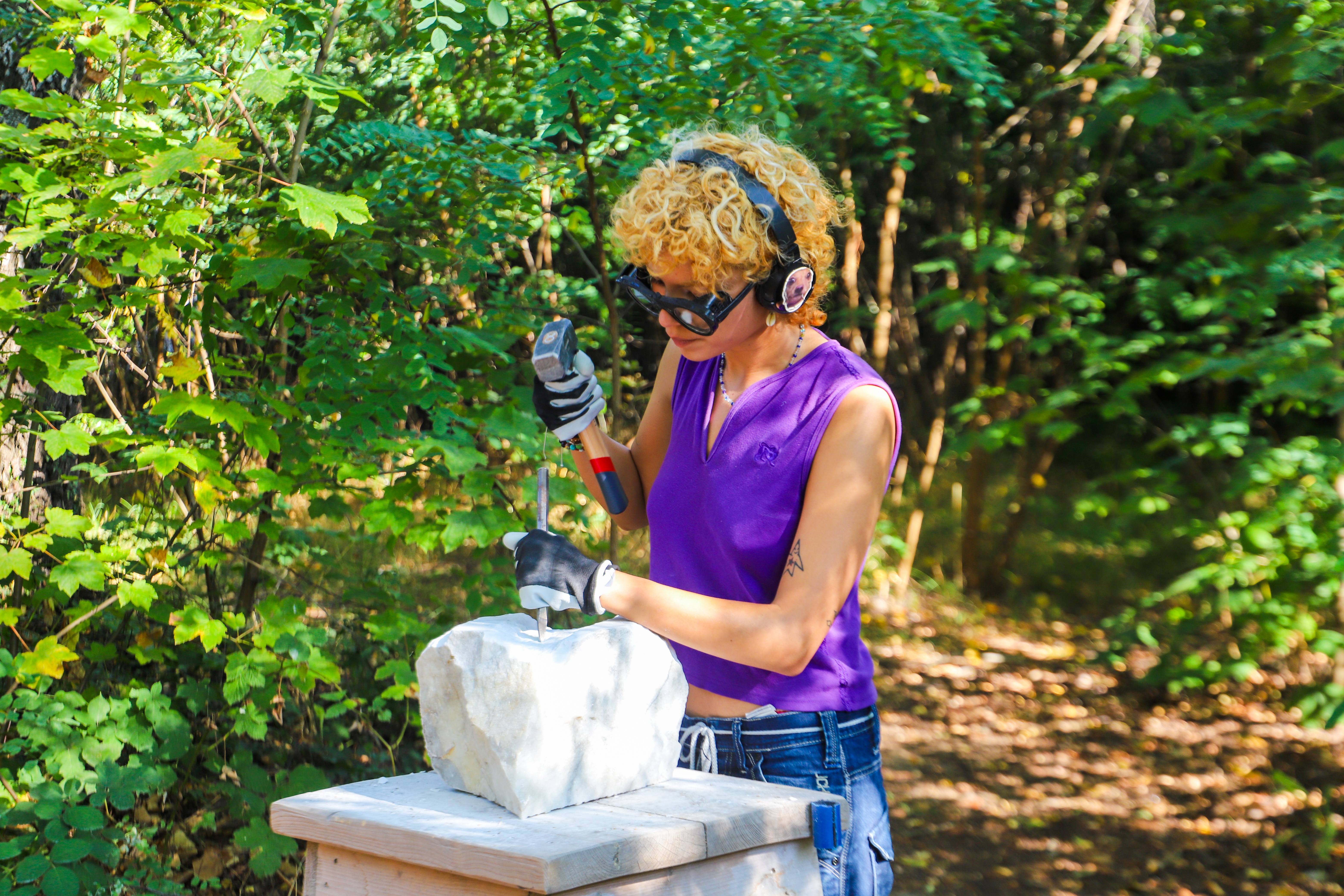 Marble Stone Sculpture at MonopolPhoto by Saifullah Atahi
Marble Stone Sculpture at MonopolPhoto by Saifullah Atahi -
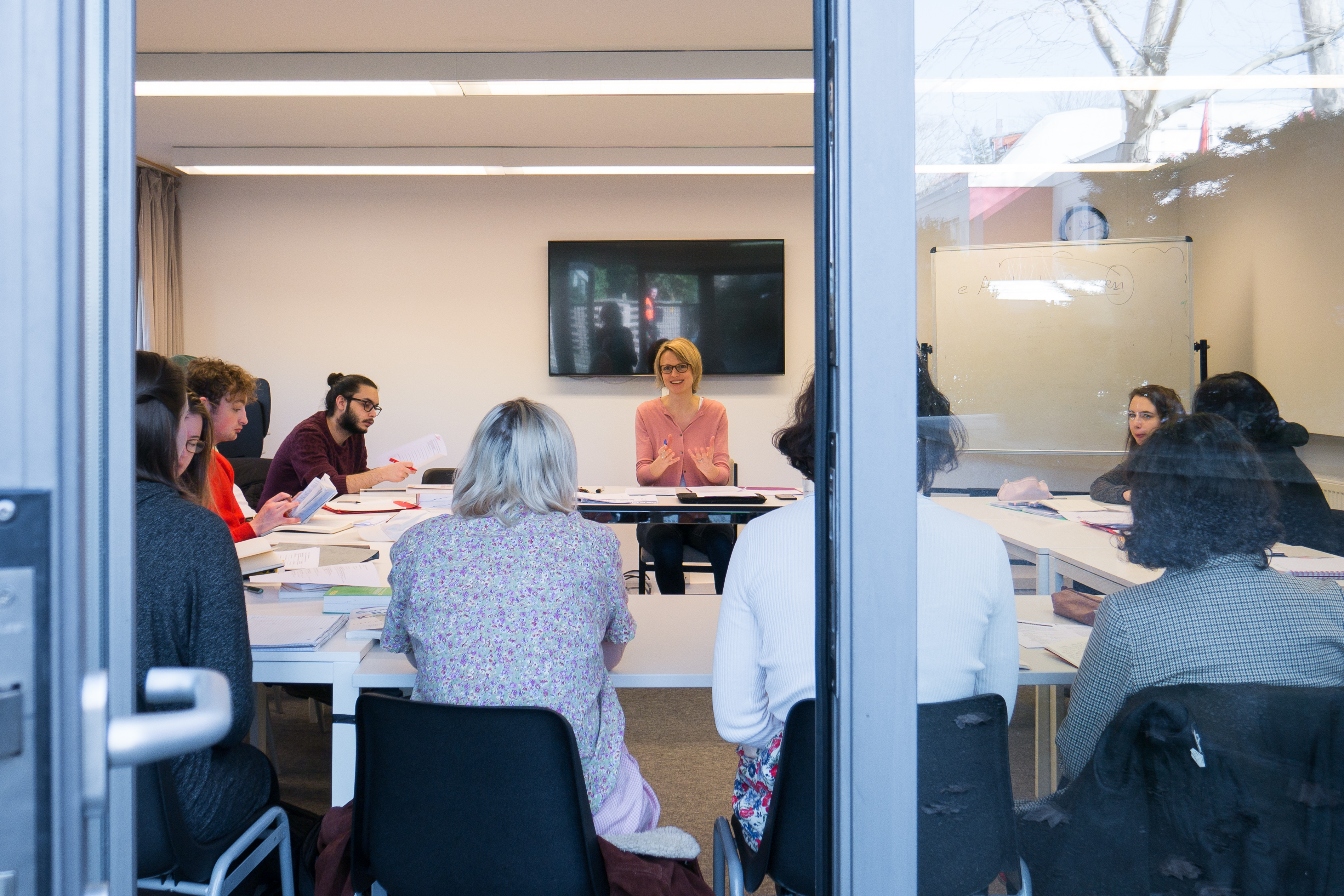 Photo by Irina Stelea
Photo by Irina Stelea -
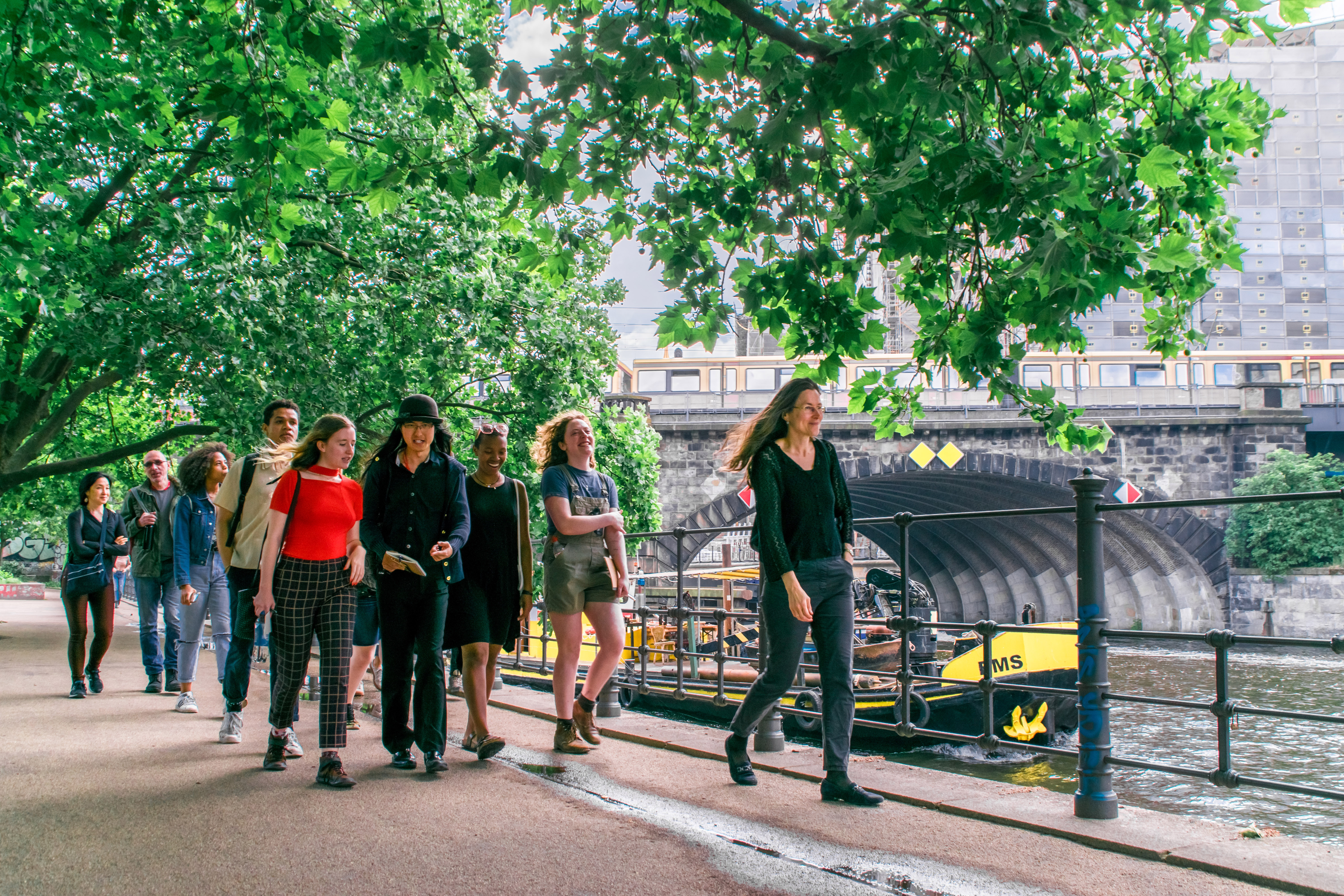 Photo by Vera Yung
Photo by Vera Yung -
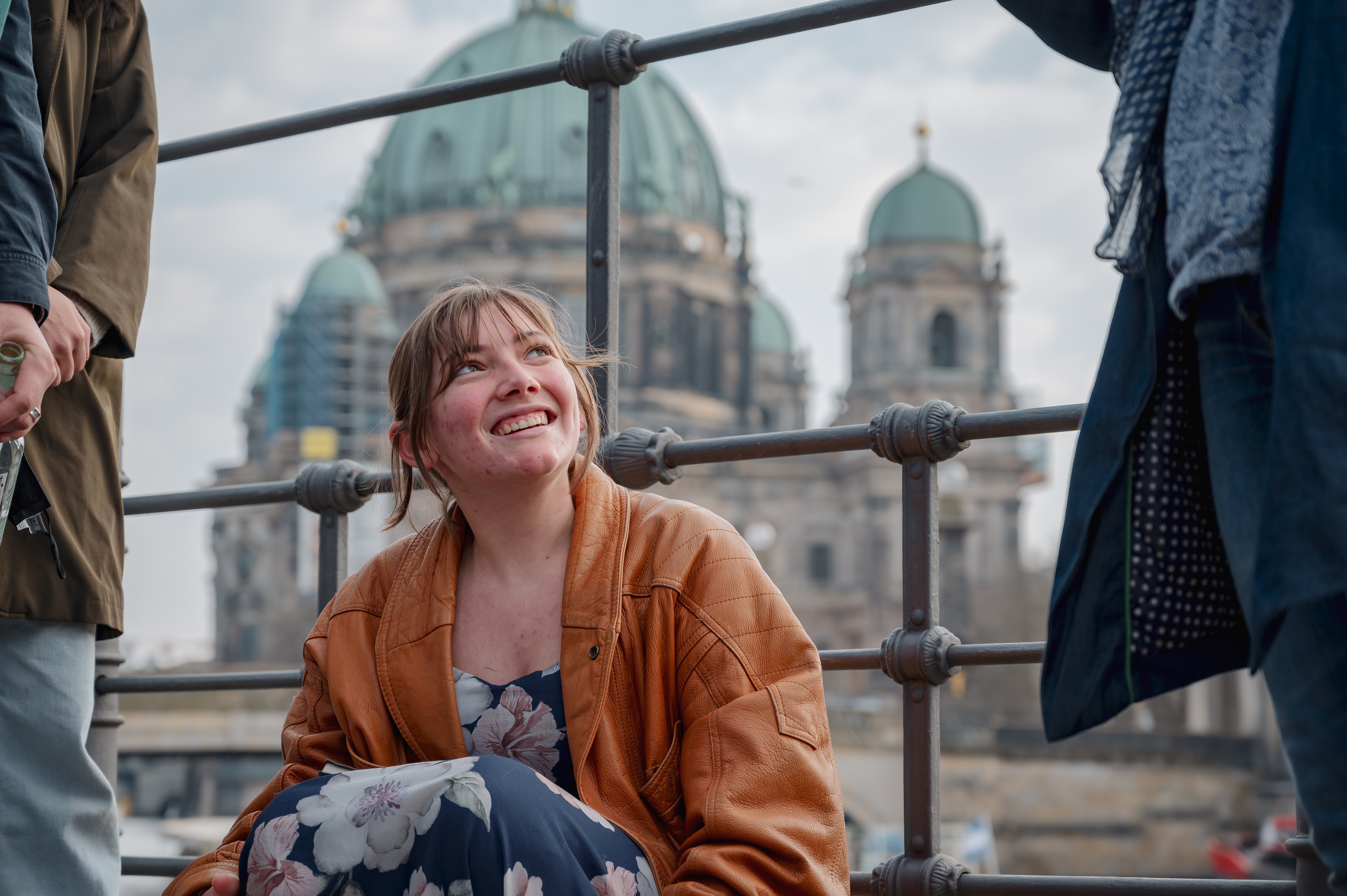 Writing WorkshopPhoto by Ibrar Mirzai
Writing WorkshopPhoto by Ibrar Mirzai -
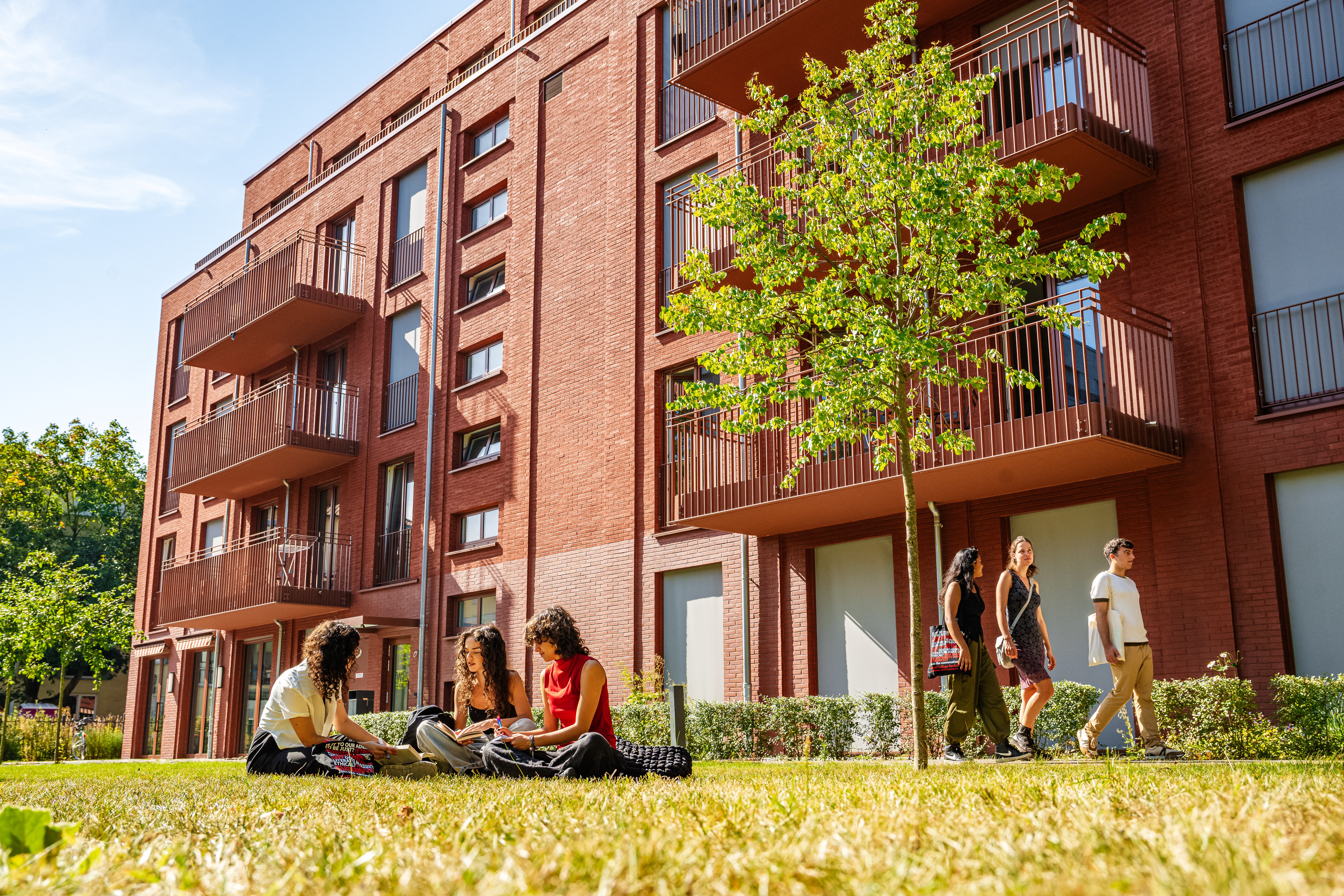 W15 Residence HallPhoto by Ibrar Mirzai
W15 Residence HallPhoto by Ibrar Mirzai
Subscribe to Our Newsletter
Loading...
-
Contact UsBCB Communications
Email: communications[at]berlin.bard.edu
Do you have news to share, or planning an event?
Submit a News Story
Submit an Event












